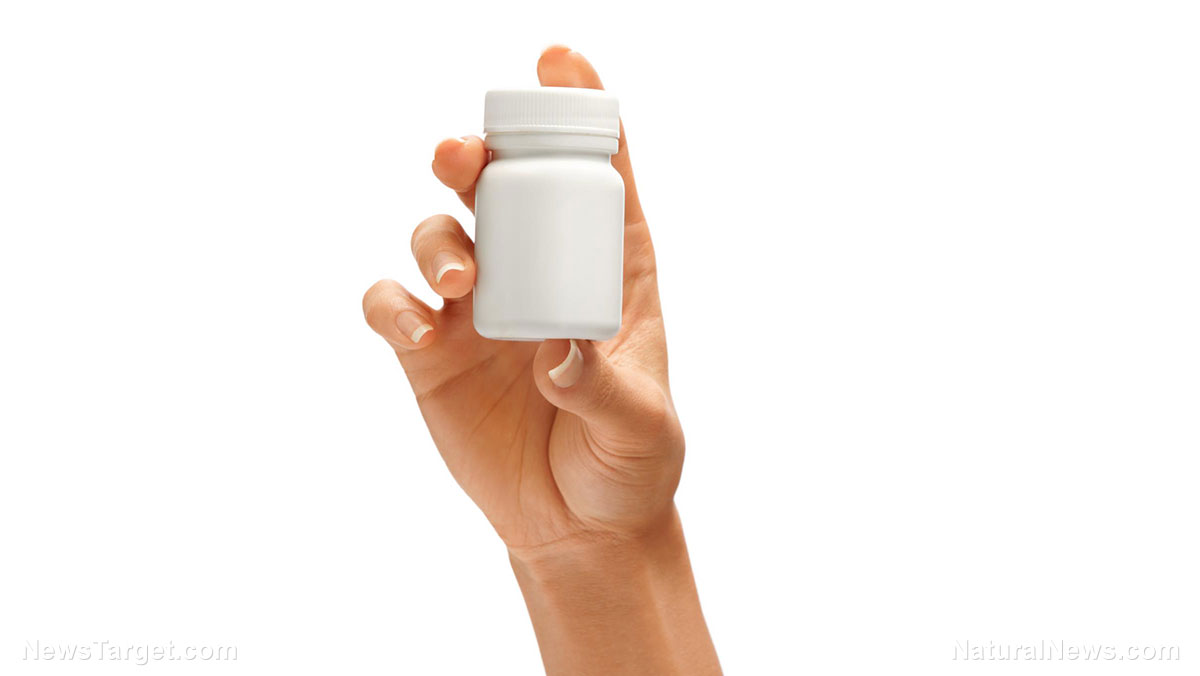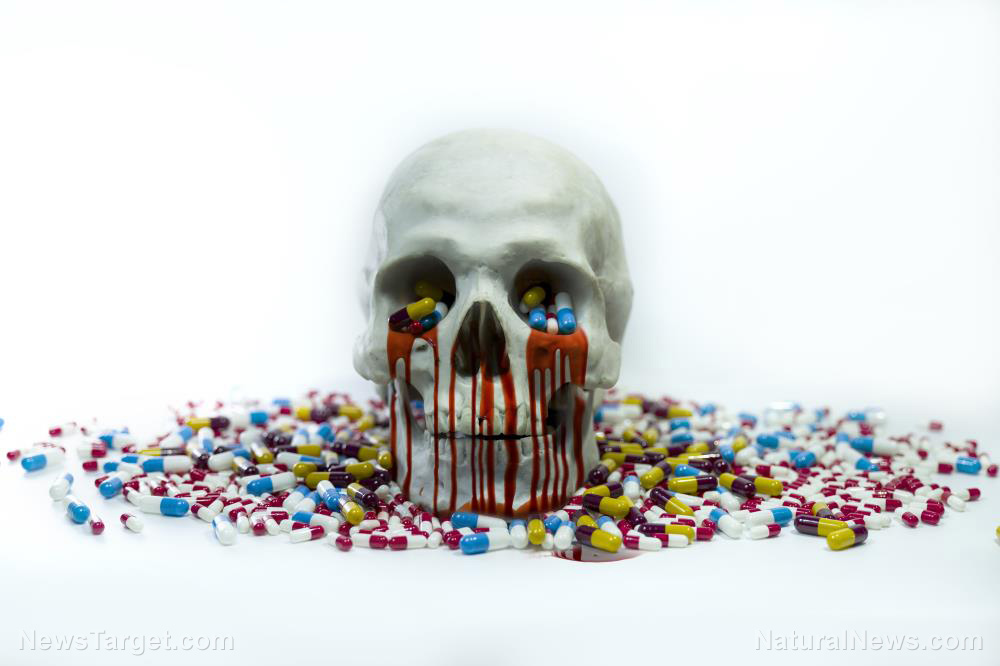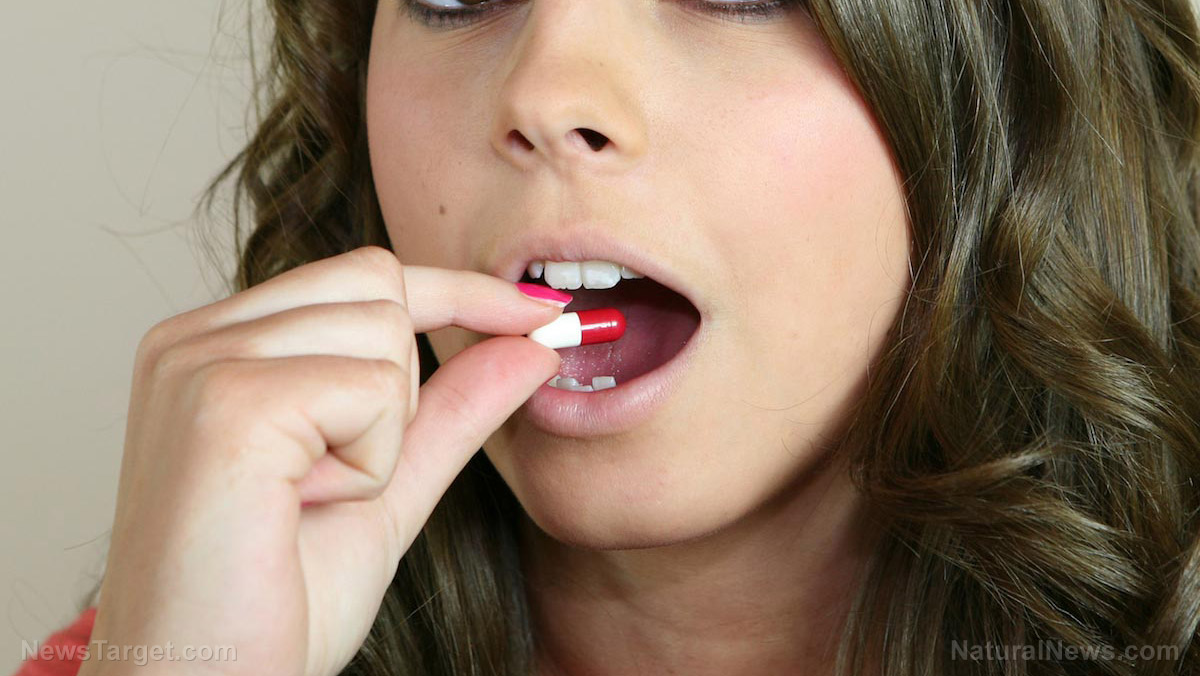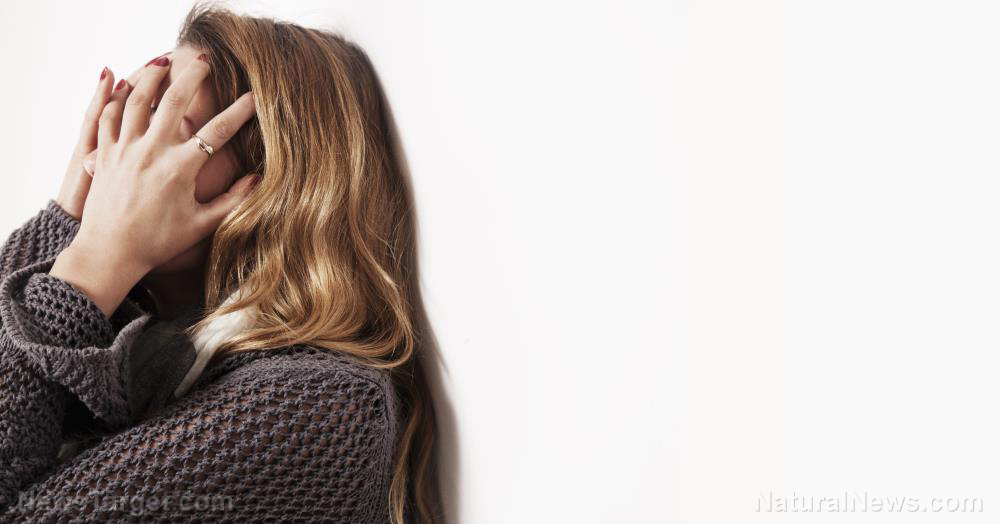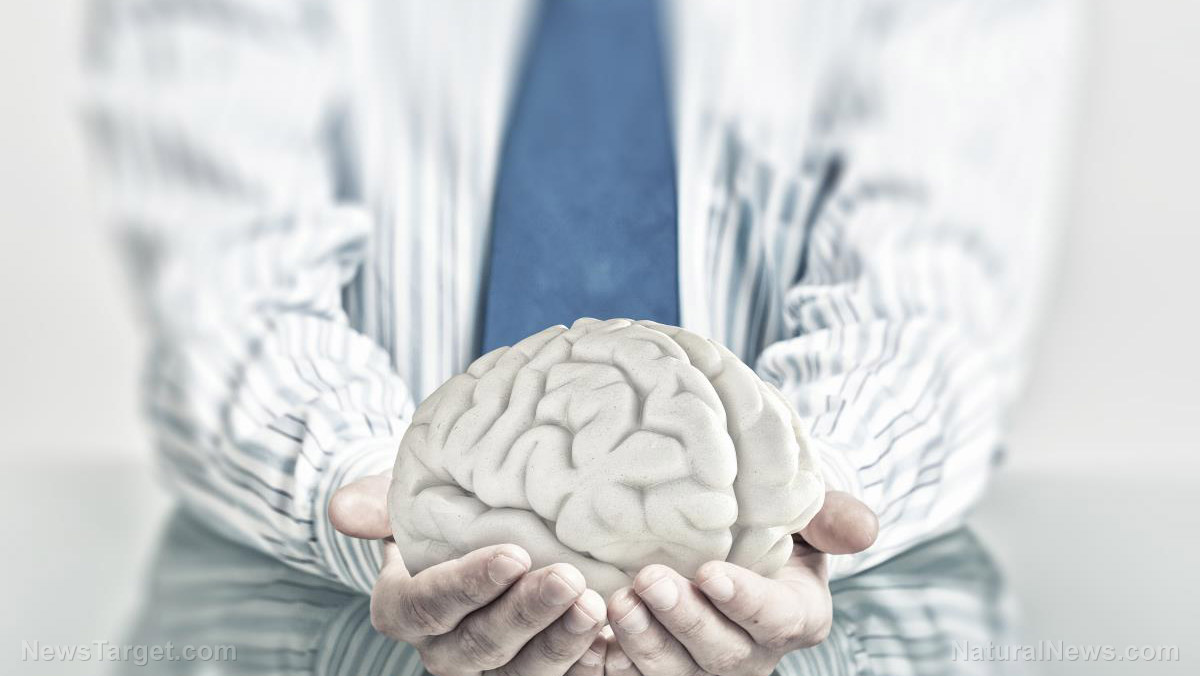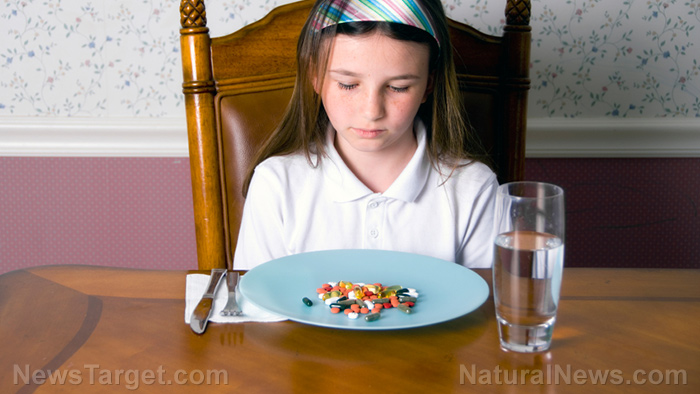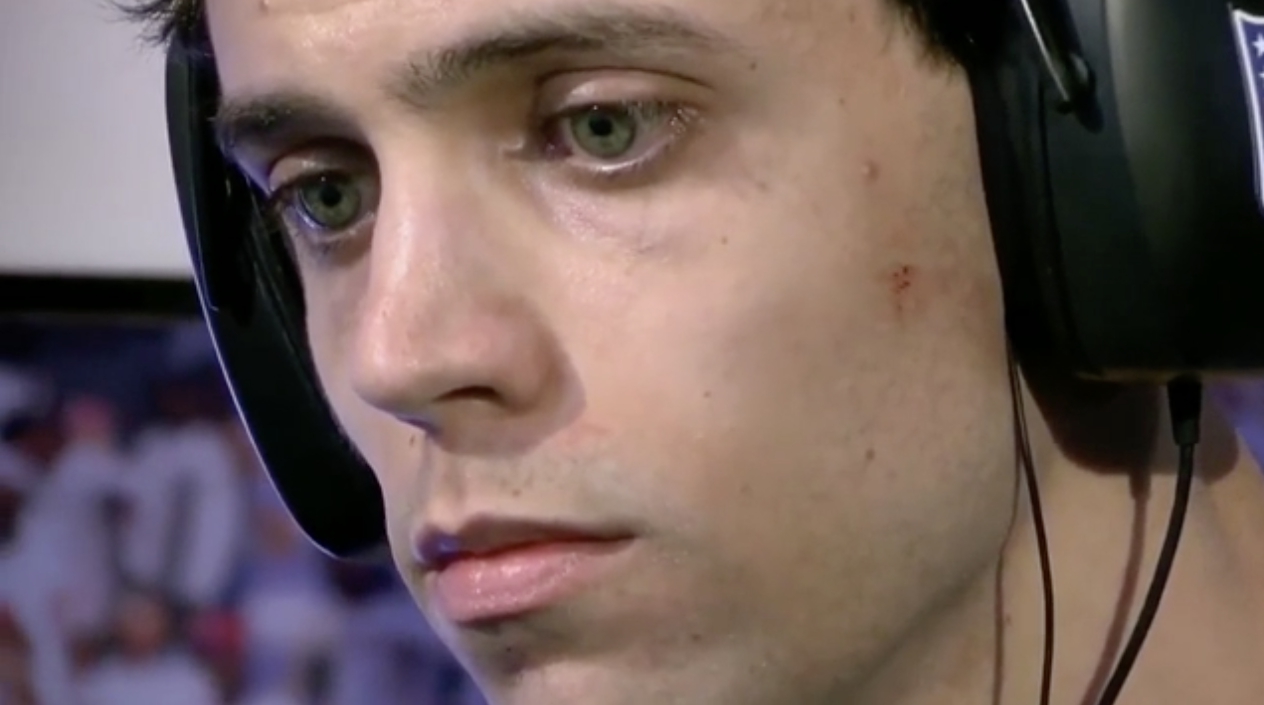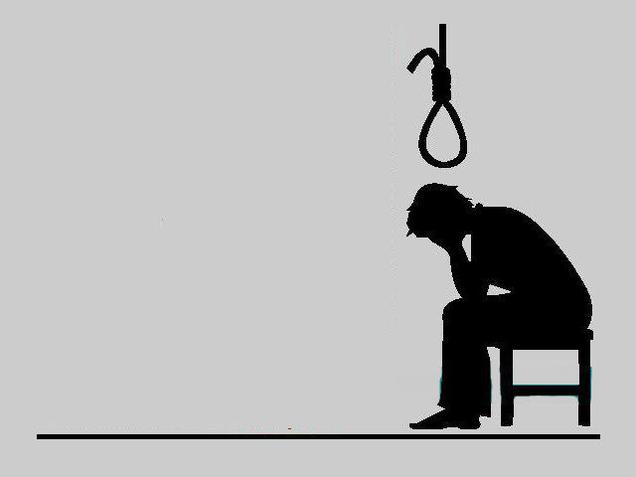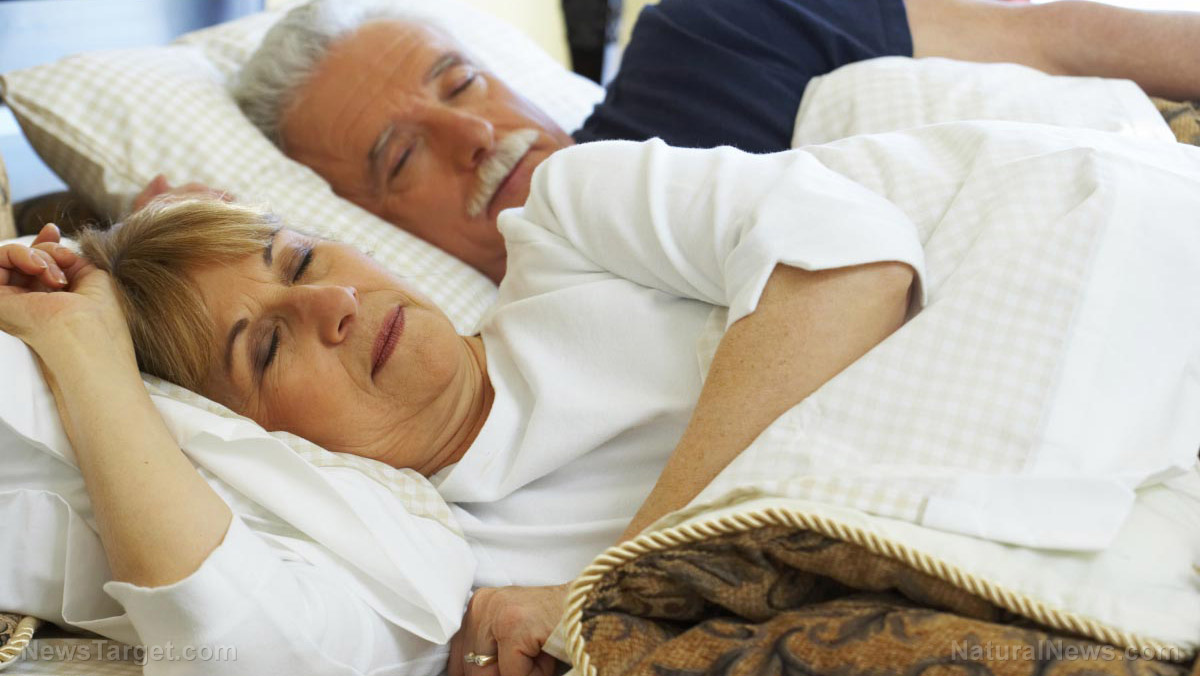More than half of adults now on prescription drugs, largely for conditions that can be avoided with simple lifestyle changes
01/01/2018 / By Lance D Johnson

A record number of pharmaceutical drugs were prescribed this past year in England. The United Kingdom’s National Health System (NHS) uncovered an alarming 1.1 million prescriptions for “conditions” that can mostly be avoided with better lifestyle choices.
Prescription drug use has become a new societal norm, with mental health declining for numerous people even in an era of abounding convenience, choice, communication, networking and travel opportunities, etc. All the opportunities of the digital age and an interconnected world cannot appease minds that are so eager to accept a “depression” diagnosis and a steady stream of pills. In the past decade, prescription drug use has skyrocketed at least 50 percent and this doesn’t even include nicotine patches and contraceptive use. Health care systems are taking advantage of people, giving them false assurance through pharmaceuticals, while over-medicating people’s problems and never addressing the real issues.
The NHS health survey found that ten percent of people are now on “anti-depressants.” One in seven people are taking statin drugs. One in seven also take the pills that promise to lower blood pressure. Altogether, more than half of adults are on some kind of prescription drug. Ten percent reported taking 6 or more different prescription drugs in a given week. The survey, which included more than eight-thousand adults, also uncovered a skyrocketing level of alcohol consumption, inactivity, and poor eating habits.
Health care leaders say most of the prescriptions are “unnecessary,” calling the findings a “wake-up call” for people to address unhealthy lifestyles, dietary choices, and high-pressure routines. More frequent exercise routines could immediately address bad cholesterol levels, high blood pressure, and countless cases of depression. Yet a third of those surveyed aren’t getting enough exercise to meet minimum requirements for a healthy body and mind. Thirty-four percent of men and forty-two percent of women failed to reach the NHS recommended exercise guidelines of 150 minutes per week. Additionally, a quarter of the adults admit they watch at least four hours of television on any given weekday. A shocking thirty percent confessed to drinking more than seven pints of alcoholic beverages during any given week.
A healthy, fulfilling life is becoming a rare phenomenon, as statistics for mental health conditions went up from 15 percent in 2012 to 19 percent of people currently. Professor Dame Carrie MacEwen, chair of the Academy of Medical Royal Colleges said, “On the face of it, these figures are really concerning. We have no way of knowing if these medicines are all really necessary, but we do know less is often more when it comes to some drugs. Lifestyle changes such as taking up exercise can be just as effective at treating some illnesses such as mild depression.”
However, clinical diagnoses, medical research, and clinical guidelines all seek out the quickest way to turn people into patients. As the increasing stream of prescription drugs fails to address the real issues, patients are burdened with even more compounding health issues and chronic dependence on the false assurance of pharmaceutical intervention.
Whether lazy or ignorant, more people are no longer addressing their physical and mental health in a realistic, holistic way. Following the crowd and the doctor’s orders, more people are getting ripped off and lied to on how to deal with their issues and heal their bodies. (Related: Breaking the psychological attachment to illness.)
Sources include:
Tagged Under: Big Pharma, drug cartels, health care coverage, health freedom, healthcare, ignorance, lifestyle, mental health, Mindset, nutrition, pharmaceuticals, statin scam

